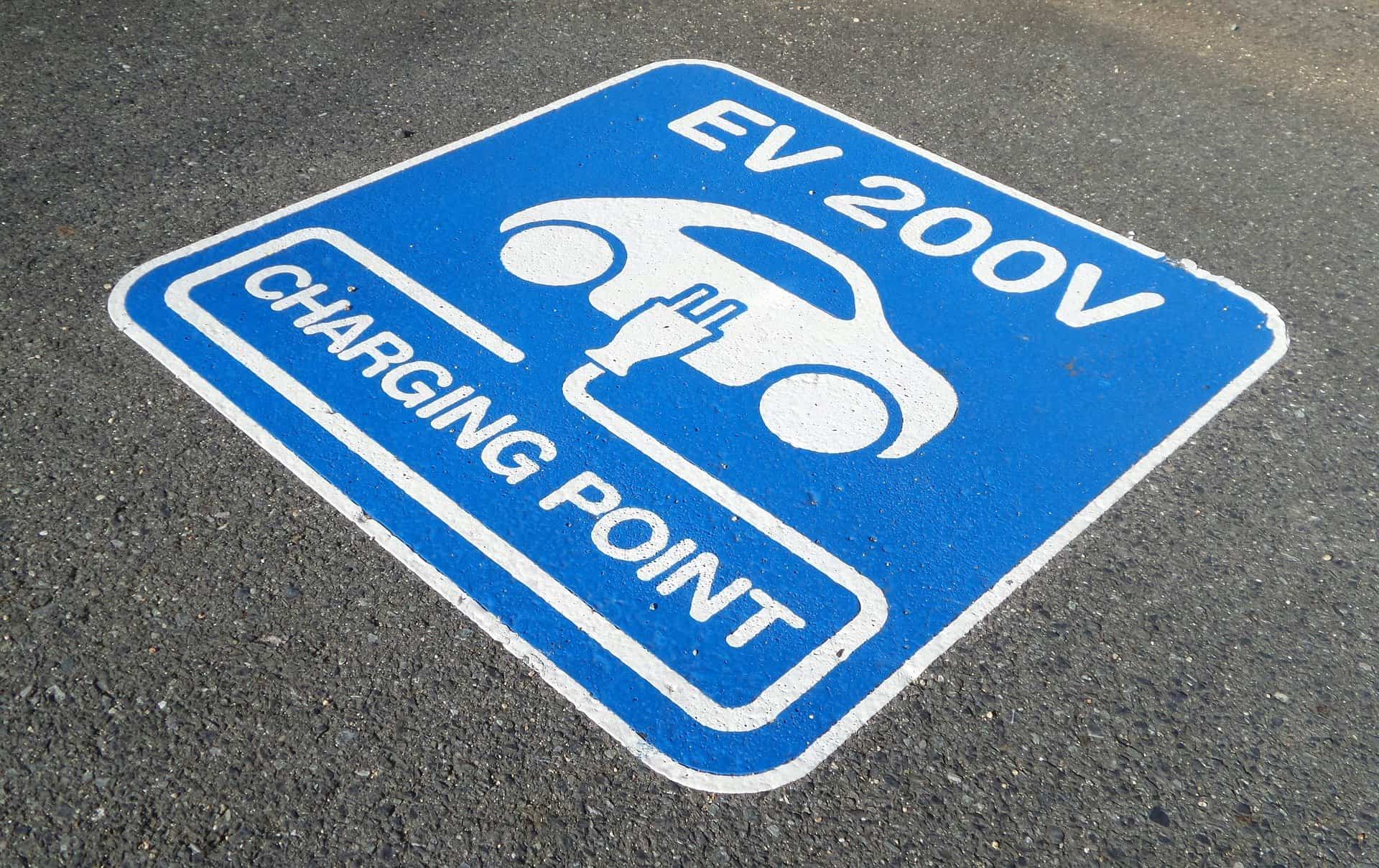EVs: Solving the Chicken & Egg Paradox

It has long been said that Electric Vehicles (EVs), “once ready”, will help us to fight climate change and tackle air pollution whilst also keeping us mobile. But how we achieve this cleaner future has often distended into a chicken and egg discussion which distracts from the urgent need for action. Now, with a plethora of new technologies, growing government support, and rapidly expanding charging infrastructure, could 2021 be the year the EV egg finally hatches?
The state of things globally
Our planet is home to an estimated 1.4 billion cars, most of which rely on burning petrol and diesel fuel. They offer mobility, freedom and economic growth. It is perhaps unsurprising that their popularity continues to grow, with an estimated 60 million new cars added to our roads globally in 2020 alone. And the impact of our reliance on road transport? An estimated 12% of our entire global greenhouse gas emissions.
Despite the seemingly insurmountable task of removing more than a tenth of our global emissions to avert the worst effects of climate change, there is one solution to that provides us with a fantastic opportunity for a rapid transition without the need to throw away the rule book – the EV. EVs don’t compromise on any of the freedoms or benefits offered by combustion vehicles. The only difference is the fact that your regular commute or weekly trip to the supermarket becomes clean, quiet and even more affordable.
Until now, the adoption of EVs has been relatively slow, with around 10 million on road compared to 1.4 billion powered by petrol and diesel. This is in no small part thanks to the chicken and egg paradox. Consumers prefer to wait for technology to mature before buying, and manufactures don’t invest in technology until they see demand from consumers. But despite false dawns in the past, EVs’ time spent on the horizon has not been wasted. Disruptive companies like Tesla have accelerated change, battery improvements mean some EVs can travel as far as a petrol or diesel alternative on a single charge, powerful rapid chargers can add 200 miles of range in as little as 20 minutes and costs are falling rapidly. All of this is fuelling customer demand.
Now, with nearly 200 models being released by major manufactures this year alone, 2021 could finally be the year of the EV.
Lessons from Norway
Norway proved in 2020 that rapid transitions are possible, as it became the first country where EV sales accounted for more than half of new cars. For a country with an economic legacy owed so much to fossil fuels, increasing EV sales from 1% to 54% in the space of a decade is an astonishing achievement from which other countries can learn. Generous incentives such as tax breaks, toll exemptions and vehicle grants have been complimented with a massive roll out of charging infrastructure.

Norway’s commitment to EVs has rallied the confidence of private companies, who saw the potential of a fast-growing market and flooded the Nordic country with EVs. Car manufacturers have used the country as a petri-dish for new models, quickly enveloping petrol and diesel alternatives. It is a success story that other countries can learn from and one that the UK in particular looks to emulate.
UK leadership
COP26 in Glasgow is a crucial moment for the UK in a decade when global climate action and leadership is urgently needed. The UK’s presidency is an opportunity to lead not only diplomatically, but also by example. The recently announced 2030 ban on petrol and diesel cars – now a full decade earlier than the first phaseout date, set in 2017 – was welcome ambition from the government ahead of the summit. Optimism was buoyed even further by the news that 6.5% of new cars in the UK last year were electric, up from 1.5% in the previous year.
And it’s not just the public sector driving change. Private companies are already leading the way on quashing some of the biggest perceived hurdles to mass EV adoption.
GRIDSERVE, for example, opened the UK’s first electric forecourt in December, providing 100% renewable electricity to charge up to 36 cars at once. With plans to build a network of over 100 Electric Forecourts in the next 5 years, it’s aiming to providing people with the confidence that the UK will have the charging infrastructure required for mass EV adoption well ahead of the 2030 ban. Rapid recharging is not just available in Essex either, with private companies like Osprey, formally known as Engine. The UK’s fastest growing independent charging network are building easy-to-use, rapid, and renewably powered charging networks at breakneck speed up and down the country. It’s network alone is set to grow to more than 2,000 units by 2024.

For the 50% of people who see the perceived lack of charging infrastructure as the biggest barrier to going electric, the leadership of these pioneering companies is key to unlocking a more sustainable transport system.
For those worried about the cost of EVs, the tide is also rapidly turning. The abolition of Benefit in Kind (BIK) tax in 2020 meant EVs became even more affordable, creating an electric company car industry akin to the hugely successful cycle to work scheme, whereby drivers lease EVs from their gross salary, before tax. Services like those offered by Octopus EV are making it easier than ever to take advantage of these incentives and helping to educate drivers on the many benefits of going electric, whether its superior driving experience, low running costs, low maintenance or zero emissions.
The UK is not only showing leadership when it comes to getting EVs on the road, but also offering learnings about how we take them off in a sustainable way. Aceleron, are the UK’s only energy storage company that designs it’s batteries using circular economy principles. EV manufactures must adopt this approach to ensure the 60GW of batteries needed in the UK by 2030 are not destined for landfill.
The public and private sector have collectively made a huge amount of progress towards enabling mass EV adoption. However, there is still a long way to go and to follow in Norway’s footsteps, the UK must now inspire public and private confidence in the EV revolution both on the national and international stage. With COP26 on the horizon, the stage is set for 2021 to truly be the year of the EV.


